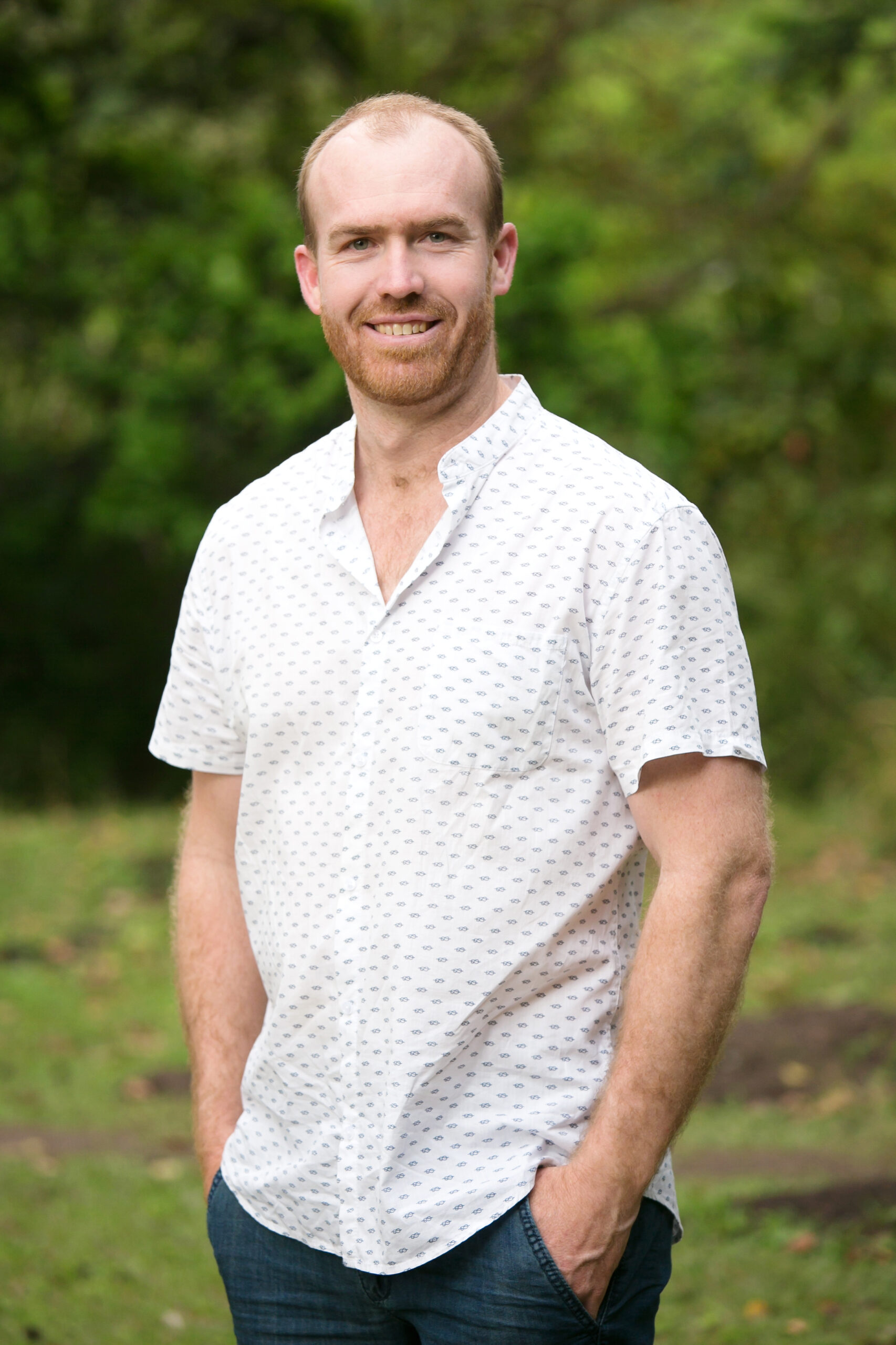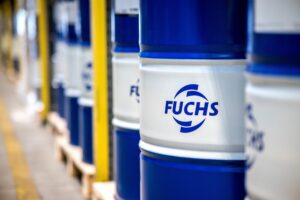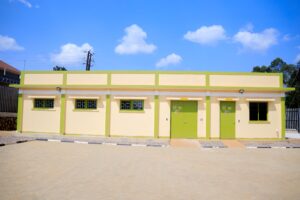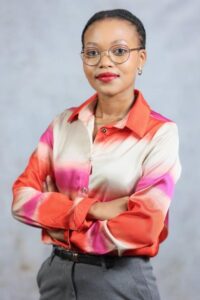An annual United Nations event, World Environment Day on 5 June promotes global environmental awareness. In acknowledgement of its importance, Elisabeth Nortje, Associate Director: Environment, Africa, and Jonathan Schroder, Water Resources Associate, both from globally trusted infrastructure consulting firm AECOM, discuss the significance of the 2024 theme of drought resilience for South Africa.
A good example of the importance of such awareness raising and the stakes involved is the current situation in Johannesburg and Tshwane, highlights Nortje. “We have an almost perfect storm of not the best planning, combined with infrastructure that is ageing rapidly and not being maintained properly.”
Schroder notes that the metros in KwaZulu-Natal are over-abstracting their resources by about 20% as a result. “Our water losses are increasing, and we have more and more water being extracted from the resource that is not necessarily reaching the end users.”
Despite this, key dams are going into the dry season all full due to an over-overage wet period. “Again, people do not realise the risk. They do not perceive that we are actually in a deficit. Decision makers and authorities are very reluctant to try and communicate the status quo because it is complex to articulate, and they do not want it to reflect on them as a potential failure,” says Schroder.
General awareness of South Africa’s challenging water situation is sorely lacking. “Unfortunately, it takes everyone to be part of the solution because you cannot just shut the taps off at the top end; consumers must willingly reduce their consumption. They do not know there is a looming problem, so they do not do so. On top of that, the lack of service delivery over the years has also made people more reluctant, or unable, to reduce their overall consumption,” adds Schroder.
AECOM participates in consortia and partnerships with other consultants to support the Department of Water and Sanitation (DWS) in developing and implementing drought operating rules. This includes work in the KwaZulu-Natal metropolitan area and the Crocodile Catchment Area over the past three years.
It has also been assisting the DWS and key stakeholders with the development and implementation of reconciliation strategies. These reconciliation strategies are designed for short-, medium-, and long-term planning to ensure sustainable water supply to growing water needs and mitigate the risks associated with drought.
Nortje adds from an environmental perspective: “Our focus is complementary. We incorporate measures in our permitting and planning activities to protect habitats and manage catchments effectively. This holistic approach helps build resilience against desertification and climate change impacts, including drought.”
Schroder warns that South Africa is stressing its catchment areas by adding more and more water users. “Our development of associated water resources is lagging. In many instances, we are actually over-abstracting our systems a bit. That makes us more vulnerable to smaller droughts. The one good thing is that although climate change is an issue, many parts of the country are projected to actually be getting slightly wetter on average. Although this comes with potentially more extreme weather events.”
South Africa has inherent climate variability. Over the past 40 years it has developed world-leading approaches to quantify and manage the risks associated with this variability. AECOM, through its legacy companies, has been part of the development. As a result, a lot of AECOM’s planning and support for the custodians and operators of water resources is geared towards quantifying the risks and managing droughts and drier periods.
AECOM has a proven track record in implementing drought resilience projects. From 2013 to 2016, it supported the development and implementation of drought operating rules in KwaZulu-Natal and Mpumalanga. Using well-established models and risk-based approaches, AECOM helped the responsible authorities to allocate water resources efficiently and in a robust, defendable manner during droughts. The end goal is protecting essential human needs and economic activities.
Nortje stresses the importance of local expertise in projects and effective stakeholder engagement. “Engaging with local stakeholders and consulting experts with regional knowledge ensures that our projects are practical and well-received,” she says. While innovative technology is valuable, sometimes traditional methods prove most effective.
Schroder adds that data collection and stakeholder communication are vital for successful drought and water scarcity management. “We rely on historical drought data for accurate planning. Effective communication with operators, authorities and communities is essential to ensure their buy-in and cooperation.” Both Nortje and Schroder agree that a major help in managing water scarcity would be for more community awareness and participation in taking on the challenges, which are growing worldwide.
By leveraging global expertise and fostering collaboration within their teams, AECOM continues to address South Africa’s environmental challenges effectively. “Our global strategy and learning approach allow us to draw from a wealth of knowledge and apply best practices tailored to local conditions,” concludes Nortje.
Ends
Ends
Notes to the editor
To download hi-res images for this news article, please visit http://media.ngage.co.za and click on the AECOM link to view the company’s press office.
About AECOM
AECOM is the world’s trusted infrastructure consulting firm, delivering professional services throughout the project lifecycle – from advisory, planning, design and engineering to program and construction management. On projects spanning transportation, buildings, water, new energy, and the environment, our public- and private-sector clients trust us to solve their most complex challenges. Our teams are driven by a common purpose to deliver a better world through our unrivalled technical and digital expertise, a culture of equity, diversity and inclusion, and a commitment to environmental, social and governance priorities. AECOM is a Fortune 500 firm and its Professional Services business had revenue of $14.4 billion in fiscal year 2023. See how we are delivering sustainable legacies for generations to come at aecom.com and @AECOM.
AECOM Contact
Lucy McLane
Communications Manager, Strategy & Growth, Middle East & Africa
Phone: +971 52 152 7638
Email: lucy.mclane@aecom.com
Website: www.aecom.com
Media Contact
Thobile Ndlovu
Account Executive
NGAGE Public Relations
Phone: (011) 867-7763
Cell: 073 574 2931
Email: thobile@ngage.co.za
Web: www.ngage.co.za
Browse the NGAGE Media Zone for more client news articles and photographs at http://media.ngage.co.za
-
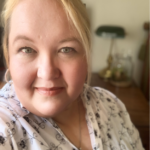
Elisabeth Nortje, Associate Director – Environment, Africa
Elisabeth Nortje, Associate Director – Environment, Africa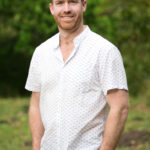
Jonathan Schroder, Technical Director, AECOM
Jonathan Schroder, Technical Director, AECOM - SA needs stakeholder awareness to address drought resilience challenges_approved
SA needs stakeholder awareness to address drought resilience challenges_approved

